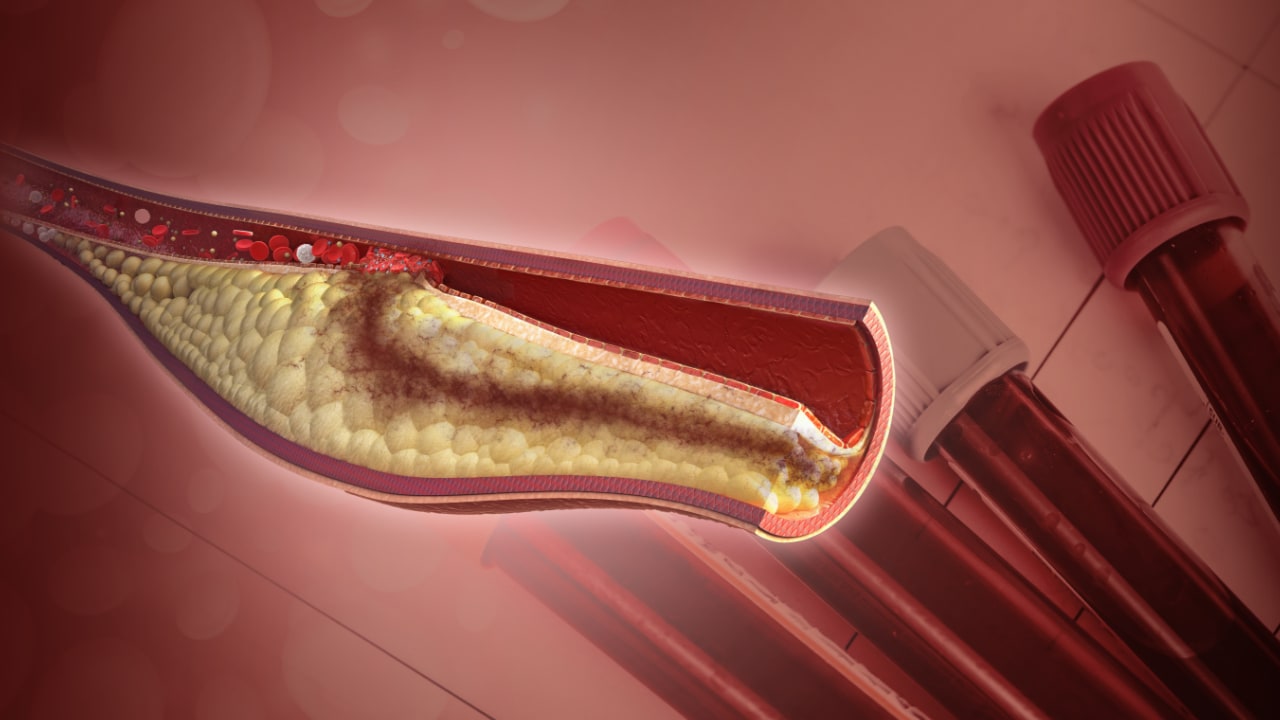Introduction
Contrast-induced nephropathy is the third most common cause of in-hospital acute kidney injury and accounts for 10% of total cases. It is commonly encountered following coronary angiography and this systematic review aims to use current evidence to ascertain which treatment modalities are most effective in the prevention of the disease.
A PubMed literature search was conducted in March 2014 using search terms, 'contrast nephropathy and coronary angiography'. The data analysed included 15 trials and two meta-analyses in order to determine whether patients given N-acetylcysteine (NAC), sodium chloride or sodium bicarbonate had better clinical outcomes. Study data were reviewed and quality of data discussed.
Current data indicate that sodium bicarbonate is as effective as sodium chloride when used in patients with estimated glomerular filtration rate (eGFR) <60 ml/min. NAC adds no statistically significant benefit in mild-to-moderate renal disease regardless of whether it is used in isolation or as an adjunct therapy with fluid.
Br J Cardiol. 2015;21(4) © 2015 Medinews (Cardiology) Limited








